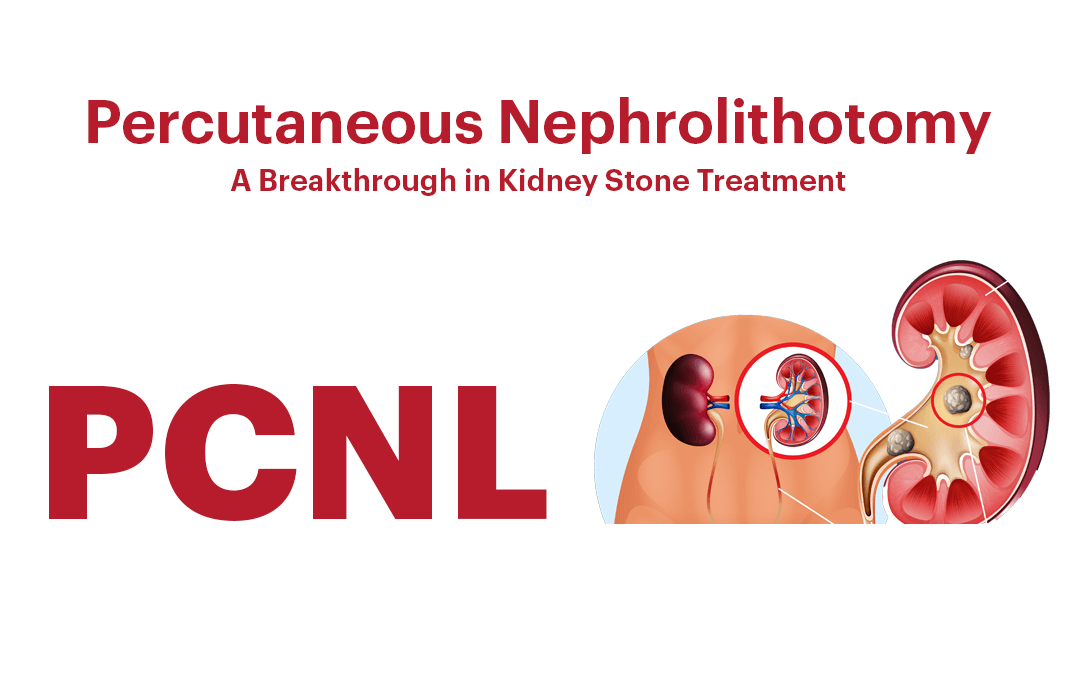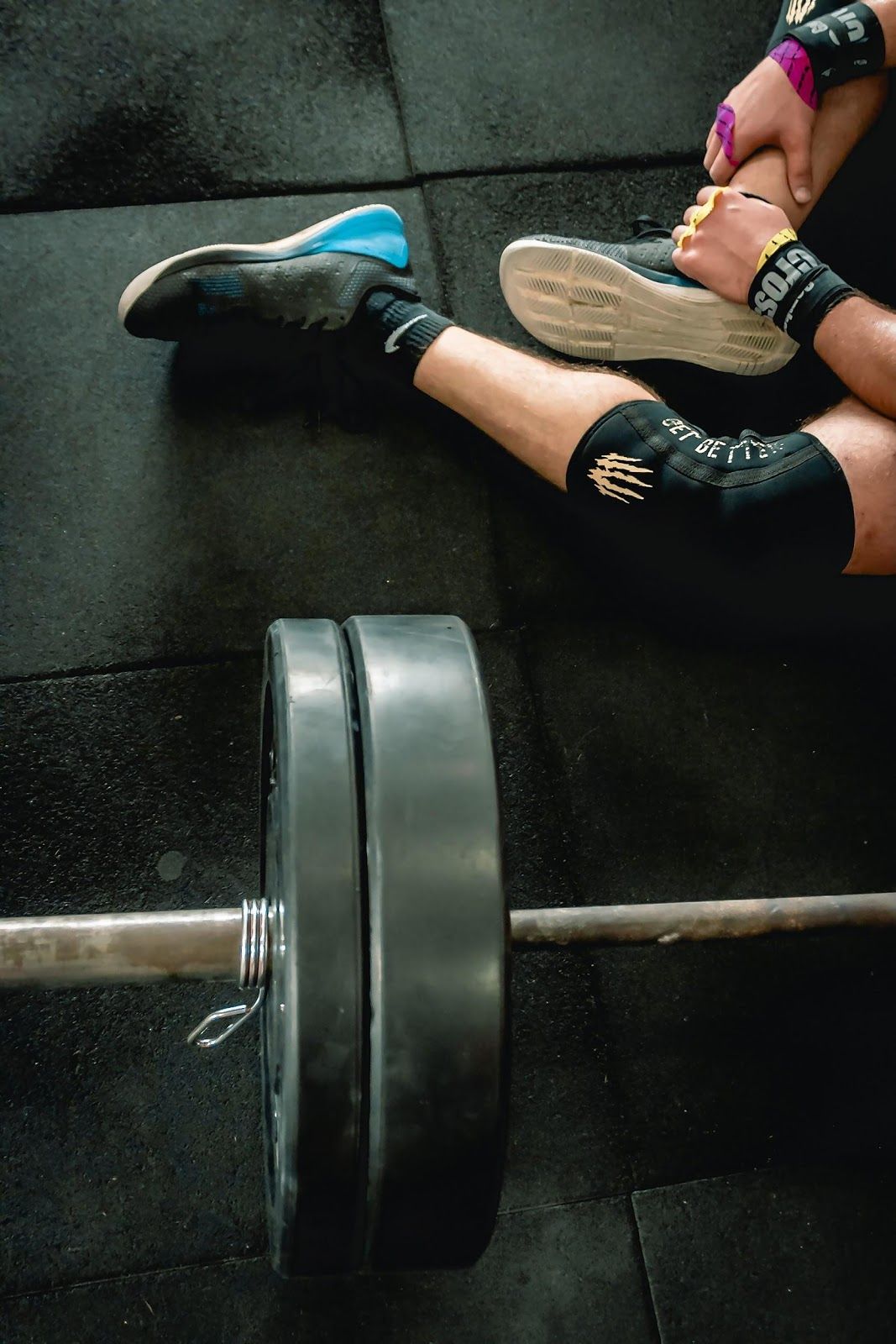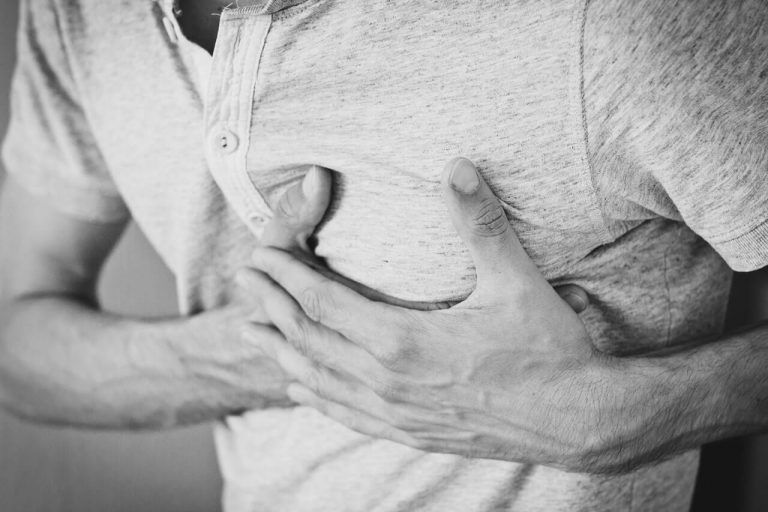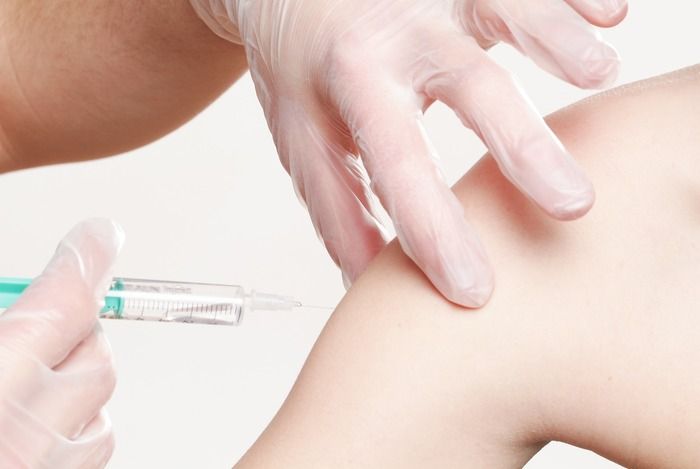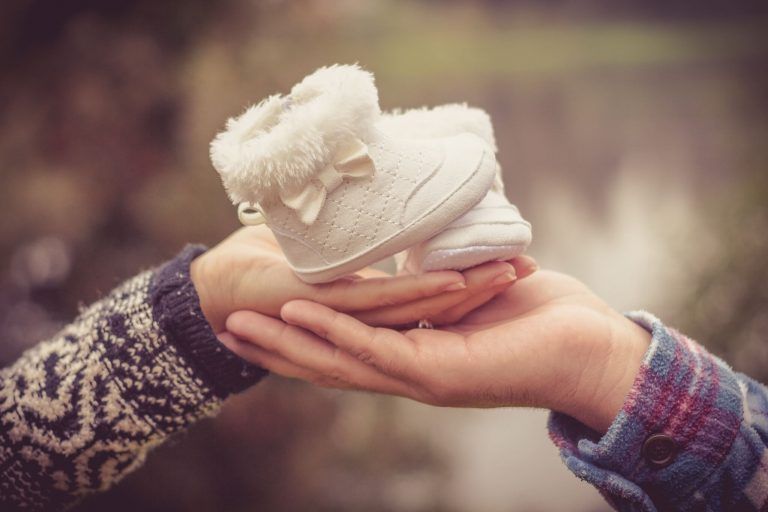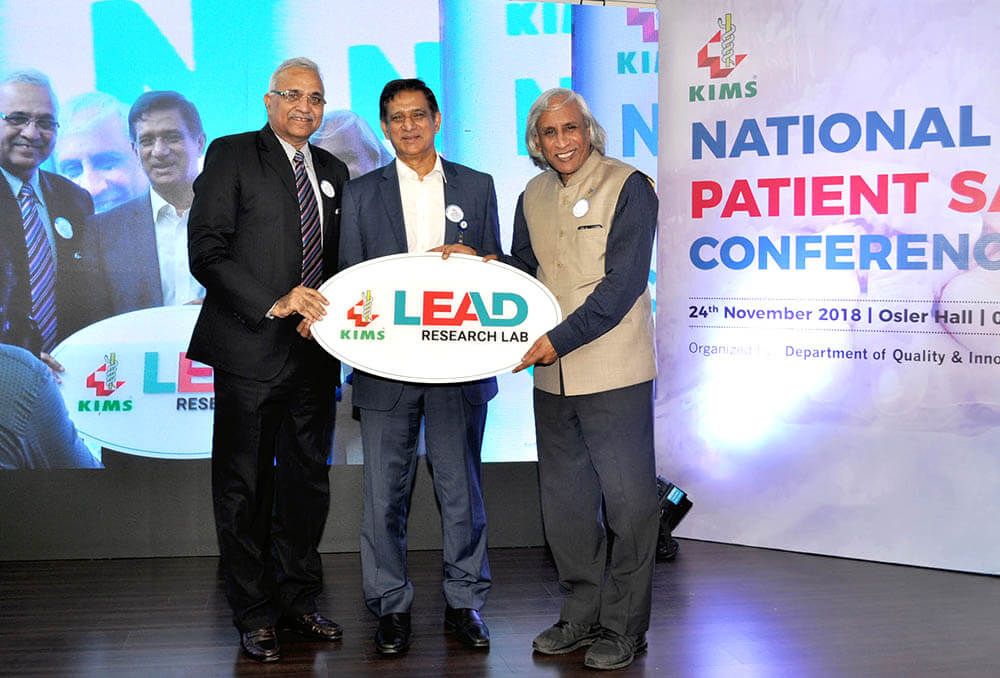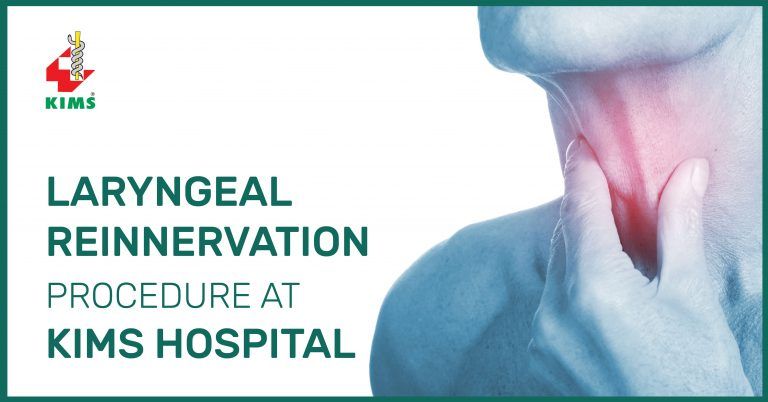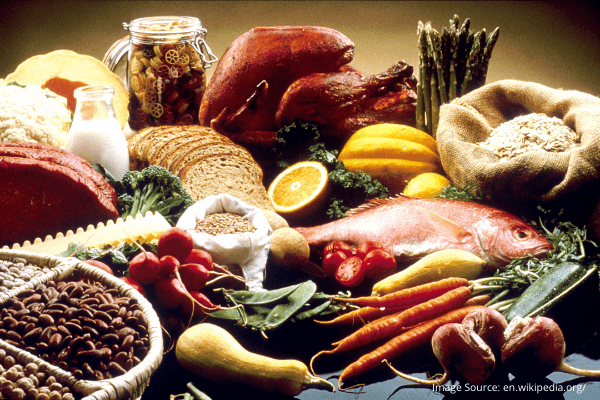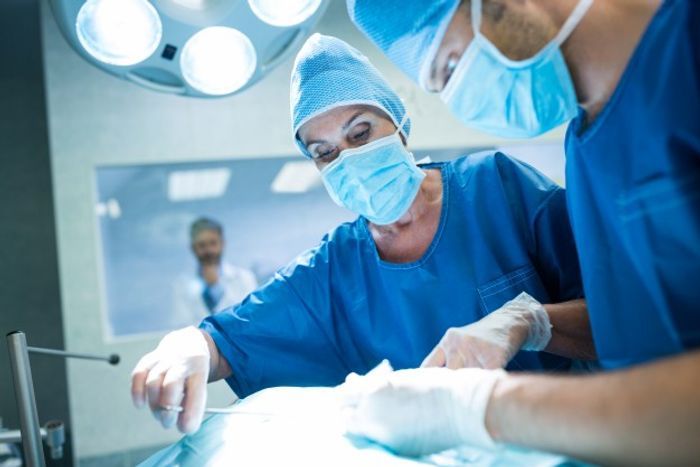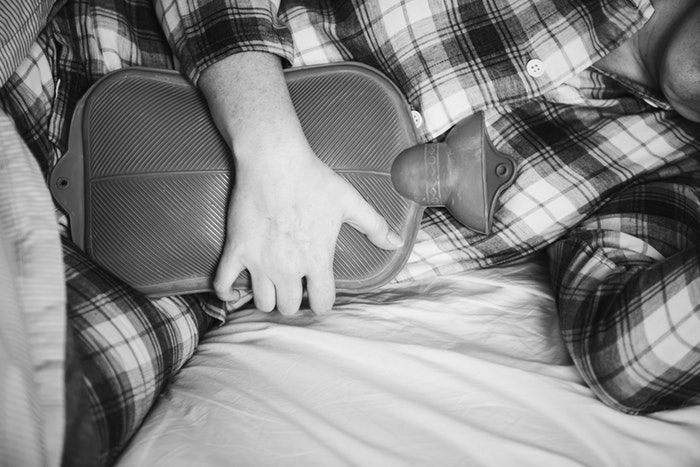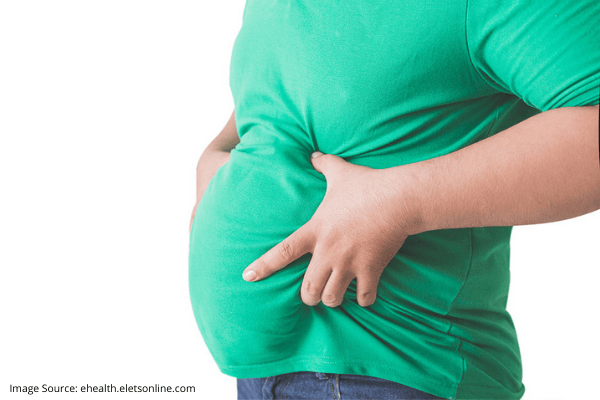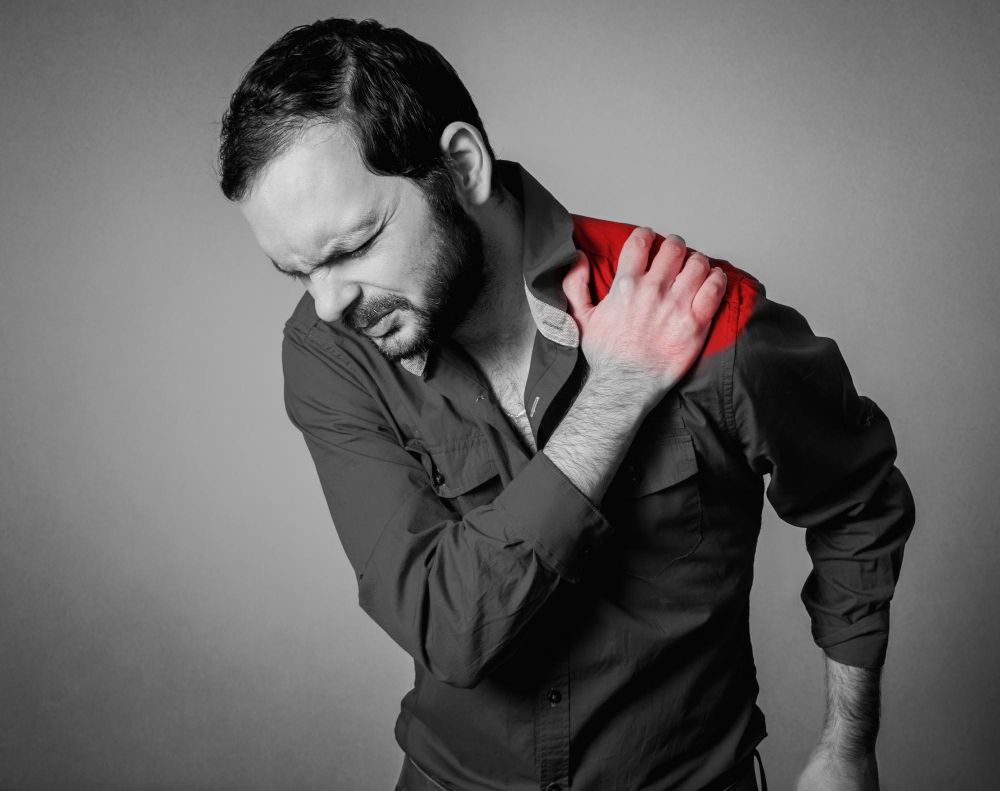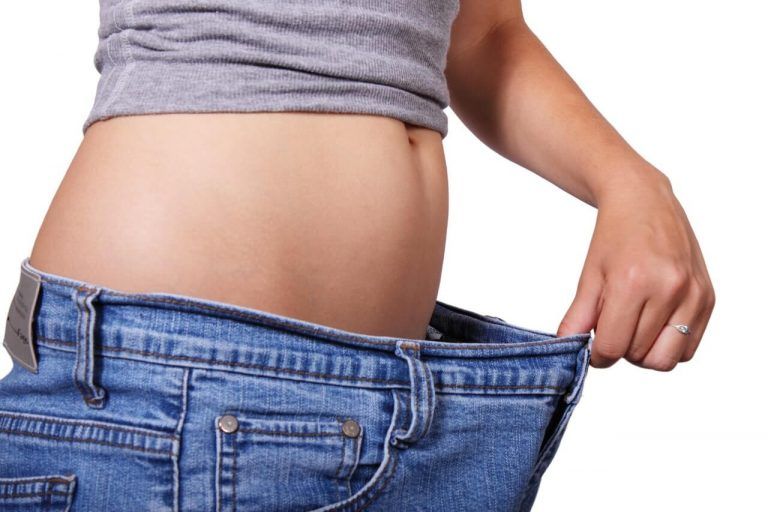Percutaneous Nephrolithotomy (PCNL): A Breakthrough in Kidney Stone Treatment
Kidney stones, those small, hard mineral deposits that form in the kidneys, can cause excruciating pain and discomfort. Fortunately, modern medicine offers several treatment options, one of which is Percutaneous Nephrolithotomy (PCNL). This cutting-edge procedure has revolutionized the management of kidney stones, providing patients with a highly effective and minimally invasive approach to stone removal. In this educational content, we will explore PCNL, delving into its indications, the procedure itself, recovery, potential complications, and its importance in modern urology.
Understanding Kidney Stones and the Need for PCNL
Kidney Stones: Kidney stones are solid crystalline structures that form in the kidneys when there is an excess of certain minerals in the urine. They can vary in size and composition and are notorious for causing intense pain when they pass through the urinary tract.
Indications for PCNL: PCNL is typically recommended for patients with large kidney stones or stones that are located in areas of the kidney that are difficult to access using traditional methods.
The PCNL Procedure
Anesthesia: PCNL is performed under general or spinal anesthesia to ensure the patient's comfort and safety during the procedure.
Access: The surgeon makes a small incision on the patient's back to access the kidney directly. This is typically done under guidance from imaging techniques like fluoroscopy or ultrasound.
Nephroscope Insertion: A nephroscope, a specialized instrument with a light source and a camera, is inserted through the incision to provide a clear view of the kidney's interior.
Stone Removal: Using various instruments, such as laser fiber or ultrasonic devices, the surgeon precisely breaks the kidney stone into smaller fragments. These fragments are then removed through the nephroscope.
Placement of a Drain: At the end of the procedure, a tube or stent may be placed to facilitate urine drainage and aid in the healing process.
Recovery and Aftercare
Hospital Stay: Patients typically spend a day or two in the hospital following PCNL, though the exact duration can vary based on individual factors.
Recovery Time: Recovery involves some pain, discomfort, and blood in the urine. Patients may be advised to limit physical activity for a few weeks. Full recovery varies, but most people can resume their normal activities within a few weeks to a couple of months.
Follow-up: Follow-up appointments with the urologist are essential to monitor recovery, assess stone clearance, and remove any temporary drainage tubes or stents.
Potential Complications
Bleeding: While PCNL is generally a safe procedure, bleeding can occur, especially in cases of complex or large stones. It is typically managed during the surgery, but occasionally, additional interventions or blood transfusions may be required.
Infection: Infections are rare but possible. Antibiotics are typically administered before and after the procedure to minimize this risk.
Injury to Surrounding Structures: There is a slight risk of injury to adjacent organs or structures during the PCNL procedure, but these are exceedingly rare.
Residual Stones: In some cases, not all stone fragments are successfully removed during the initial PCNL. This may require additional procedures or treatments.
The Significance of PCNL in Modern Urology
PCNL has transformed the treatment of kidney stones by providing a minimally invasive alternative to open surgery. In the past, large or complex kidney stones often required open surgical procedures, which had longer recovery times and increased risks. PCNL, with its small incisions and advanced technology, has significantly reduced these risks and improved patient outcomes.
Furthermore, PCNL allows urologists to target stones in challenging locations within the kidney, offering a more effective solution for patients.
Percutaneous Nephrolithotomy (PCNL) is a groundbreaking procedure that has reshaped the landscape of kidney stone treatment. With its minimally invasive approach, high success rate, and reduced recovery times, PCNL stands as a testament to the ever-advancing field of urology.
Patients suffering from large or complex kidney stones now have a powerful and effective solution, promising relief from the pain and discomfort caused by these troublesome mineral deposits. Consulting with a urologist can help patients determine if PCNL is the right choice for their unique circumstances, considering the stone's size, location, and the patient's overall health and preferences.
Ten Effective Remedies That You Can Refer to When You Are Suffering from Muscle Cramps
Finally starting off with the gym life can get too overwhelming until you hit those muscle cramps along with the weights.
ICSI(Intra Cytoplasmic Sperm Injection)
Normally during every mid-menstrual period, one of the 2 ovaries releases an ovum. Each ovum is covered by a membrane called follicle,
Pregnancy and Delivery Care
Nothing could possibly compare to the joy of becoming a parent. After nine long months of waiting, the moment you have been waiting for is almost there:
Some Common Causes of Chest Pain
The first thing that jumps into the mind whenever you have some sort of chest pain is heart attack! It’s only human to feel that way
Organic Food Vs GMO Food: What Should You Pick?
There is no doubt that the quality of food we consume is crucial for our good health. And with more people becoming health conscious the d
Importance of Breastfeeding and Vaccinations for Newborns
Going nature’s way is best when it comes to providing nourishment for the apple of your eye – your baby. Breast milk is best for your baby as it
Percutaneous Nephrolithotomy (PCNL): A Breakthrough in Kidney Stone Treatment
Kidney stones, those small, hard mineral deposits that form in the kidneys, can cause excruciating pain and discomfort.
Skin Tags - Benign Tumor or Cancerous Tumor?
Skin tag if observed is a narrow stalk that hangs about your skin, bulging at the end. They are usually freshly colored and can grow anywhere on your body.
3 Ways Vitamin C is Helpful for the Immune System
The water-soluble vitamin, Vitamin C is also known as ascorbic acid. It is helpful in building up the blood vessels, skins, and making bones stronger
4 Signs of Mental Illness
As life has gotten fast and hectic, different health issues have got introduced lately. Not just physical issues,
4 Ways Night-Shifts Can Be Dangerous For Your Menstruation And Ovulation
A good night's sleep is of value for pregnant women. But with strenuous work-hours and shift work, sleep can quite a luxury for all.
Causes Of Infertility in Women
More and more women are putting off pregnancy till well into their 30’s or early 40’s for career reasons; infertility is fast becoming a major heartbreaking issue for such couples.
Do Not Indulge in These 9 Common Dieting Mistakes
Dieting is not just about eating less or starving yourself to meet unrealistic goals. Healthy dieting involves making informed food choices.
Kims Healthcare Group Launches Lead Poisoning Detection and Treatment Centre – First of Its Kind Initaitive in Kerala.
For the first time in Kerala, KIMS has launched a Lead Poisoning Detection and Treatment Center (LEAD RESEARCH LAB) at its flag ship hospital in Trivandrum
Laryngeal Reiinervation Procedure at KIMS Hospital
Mr. K.P 56-year-old business executive from Bangalore underwent a thyroid surgery two years back.
Learn How Stress Affects Your Heart Health
Stress is a frequent side effect of the modern 21st Century lifestyle. We’re always running around to meet deadlines, pay bills we tend to
Lose Weight: The Healthy Way
Almost everyone we know is worried about the way they look. There are several concerns people have, like their complexion
Myths About Bariatric Surgery
Bariatric surgery – be it the gastric bypass and other weight-loss surgeries – involve making changes to your digestive system to help you lose weight.
Non-alcoholic Fatty Liver Disease: Should You be Worried?
A recent study has found that 1 in 5 people in India suffers from liver disorders. Before you blame it on the increased alcohol consumption
Obesity and its Relation to Type 2 Diabetes
Diabetes is a condition that arises when the body doesn’t produce enough insulin,, hence there is excess glucose in the blood
Rotator Cuff Tear
A rotator cuff tear is a rotator cuff injury that can cause shoulder pain and loss of arm function. The rotator cuff is a set of muscles and tendons in your shoulder.
What Happens to Your Body When You Fast?
Fasting has been practised by humans for thousands of years as a way of rejuvenating the mind, body and soul and as a common ritual of many religions from all over the world
10 Tasty Delicious Diabetic-Friendly Recipes
Worry about it no more, as a healthy diabetic diet does not have to be bland. Instead, you can enjoy a myriad of flavorful, low-calorie
4 Not So Common Health Problems in Teenagers
The current generation of teenagers have far more access to technology and gadgets than their parents did.
4 Secrets to Adjusting Your Toddler's Sleep Cycle
Most of the parents, some time or the other, may have faced the trouble of making their toddlers sleep at night.
Related Blogs
Ten Effective Remedies That You Can Refer to When You Are Suffering from Muscle Cramps
Finally starting off with the gym life can get too overwhelming until you hit those muscle cramps along with the weights.
ICSI(Intra Cytoplasmic Sperm Injection)
Normally during every mid-menstrual period, one of the 2 ovaries releases an ovum. Each ovum is covered by a membrane called follicle,


